BIZAA changes lives from Stillwater to Nigeria
November 5, 2018
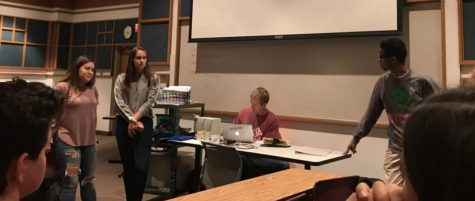
BIZAA club has a meeting in the main forum at 7:10 a.m. every other Monday. Co-presidents Kate Pelletier, Maria Vincent and Abdul Mohamed talk about what had been going on in the past week.
BIZAA, Basic Institute for Zonal African Advancement, is a nonprofit organization that attempts to stop child labor, human trafficking and domestic servitude, along with providing education by working with micro-grant programs.
BIZAA club works with students to create change in Nigeria. They sponsor children who are unable to get an education through fundraisers and donations. The club meets every other Monday at 7:10 a.m. in the main forum.
BIZAA club started just last year by a group of students and Spanish teacher Kirsten Carter with help from Okey Anyanwu, the founder of BIZAA.
It really opened my eyes to what people struggle through every day because it’s not stuff we see here. If you just go about your day to day routine, you don’t think about it.
— Maria Vincent
“Okey came to speak at Amnesty day this year, which he has done it for a couple years, and between his visits, the hygiene drive that Amnesty International runs and I and Miss Skalbeck sponsor a child together, he feels that Stillwater has a connection to BIZAA. When he was speaking this year, which my students and I were at, he said, ‘I think we should start a club. Let’s do it,'” Carter said.
Senior and co-president Maria Vincent added, “I feel like as a student your taught all of these terrible things in the world and there’s nothing you can actually do. This was a way for people to actually get involved and I think that how many members we have shows that we have so many people that joined because they felt motivated and like they could really make a change.”
The club is able to receive money and sponsor children through donations and fundraisers. Donations come from events such as bringing groceries to cars at Kowalski’s, members selling items such as bracelets and Chipotle nights, where they made $700 last year.
Senior and co-president Kate Pelletier explained two ways students can contribute to the donation process, directly or through a team, “You could either sponsor a kid directly or through your family and it would cost you around $1,000 a year or $1,200 a year or if you decide to come up with a team, you could split it up between seven people and then each person would only have to pay about $100 a year,” Pelletier said.
With a club that contributes to making a difference in another country, students are able to build skills and make a big impact on the world. Students are able to see beyond what they have been exposed to and learn about what goes into changing the world.
“It really opened my eyes to what people struggle through every day because it’s not stuff we see here. If you just go about your day to day routine, you don’t think about it.” Vincent said.
So far, BIZAA club has sponsored five children. They have been able to put them into school, where they are now able to create opportunities for themselves and their future.
“Five children, who previously were working all day, now attend school and will have many more options in the future because of their education,” Carter said about the club’s biggest accomplishment.
BIZAA pushes students to experience a process unlike anything they have ever done.
“It’s put a new perspective of helping people and being completely selfless and just making a difference on the world in some way or another,” Pelletier said.


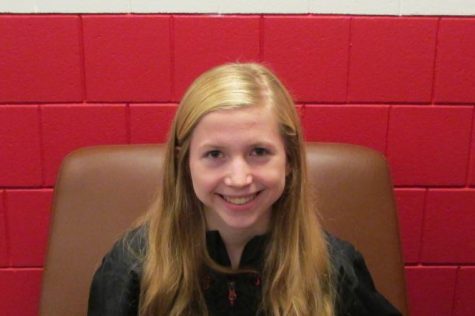
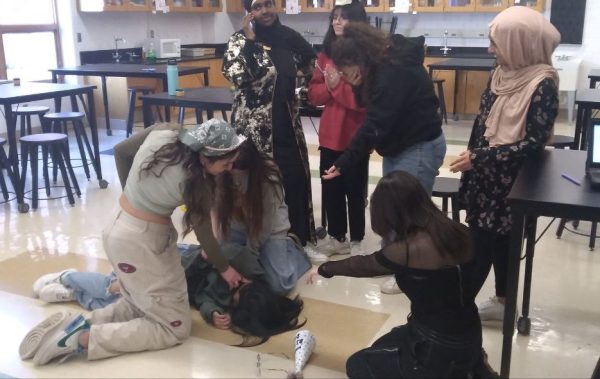
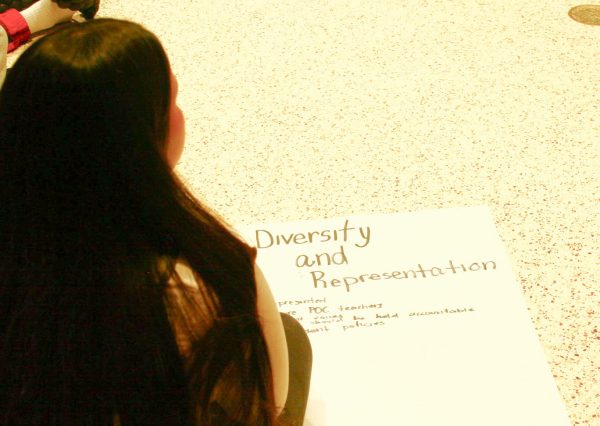
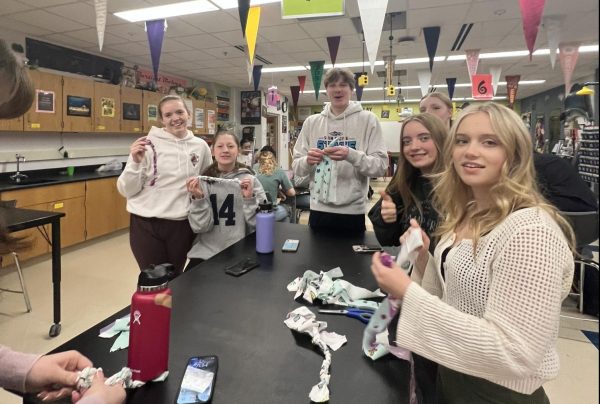
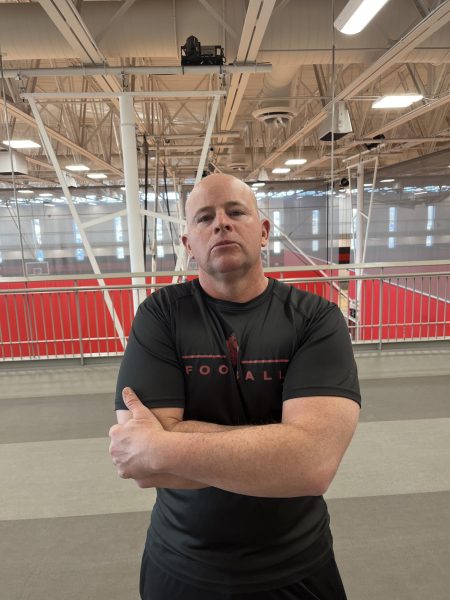
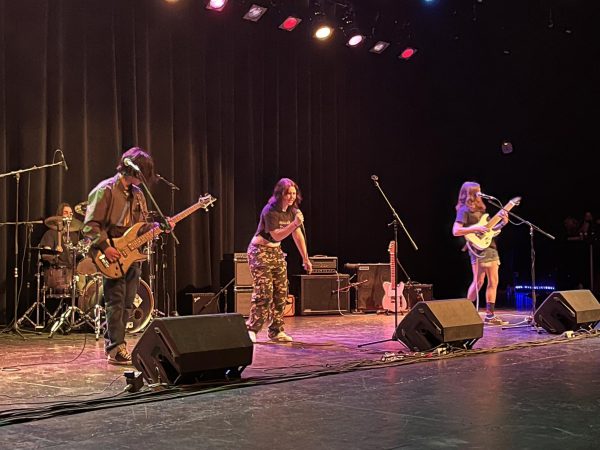
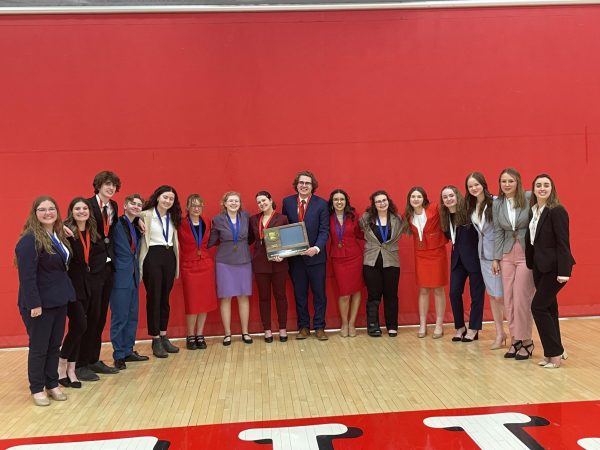
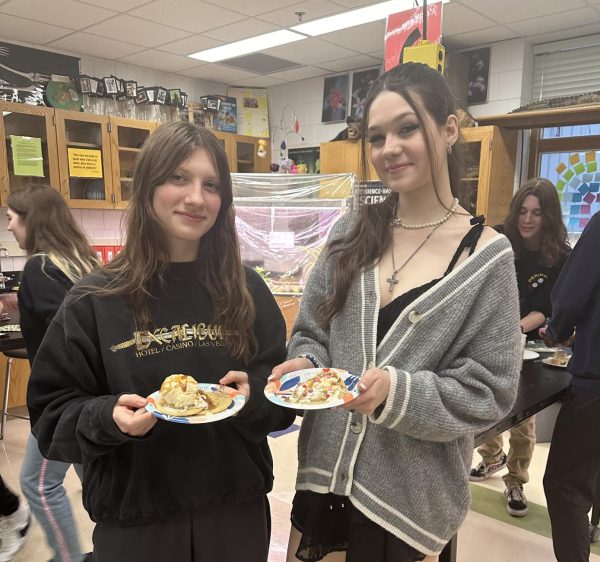
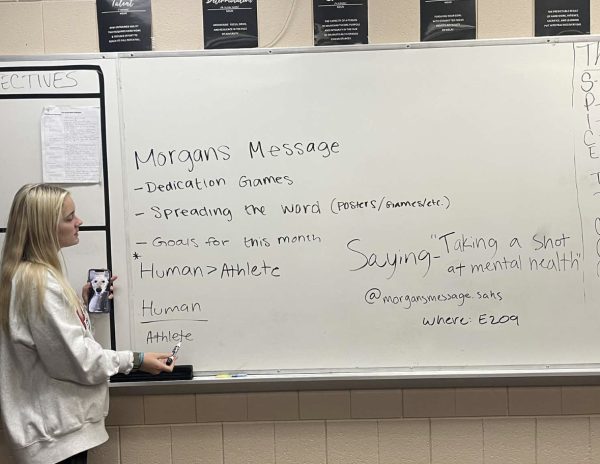
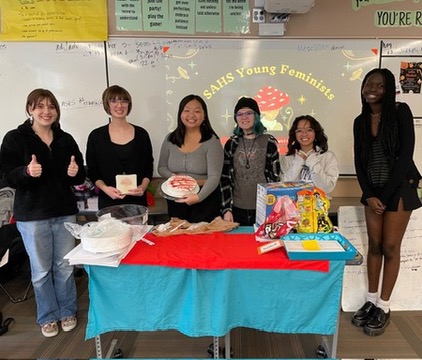
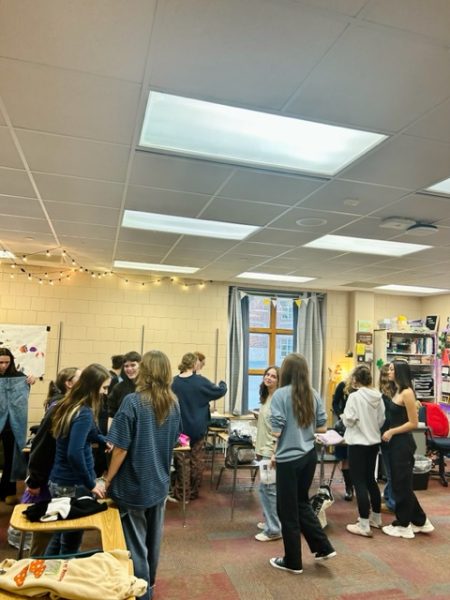
Annika Brown • Dec 21, 2018 at 9:15 am
This article got me interested in a club at our school that I didn’t know much about before. The author used great quotes that reflected the club and the special things they are doing for Nigeria. You can tell the author researched this topic in depth, giving readers the opportunity to learn more about BIZAA.